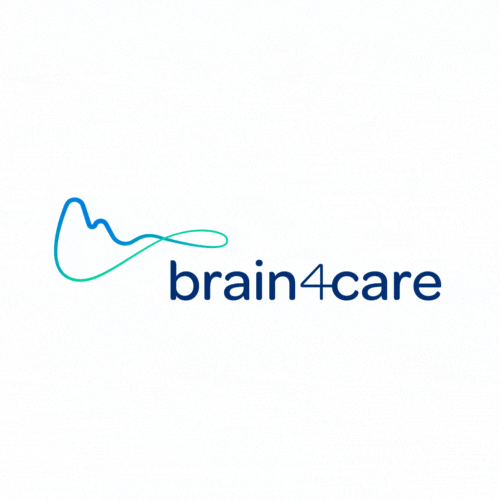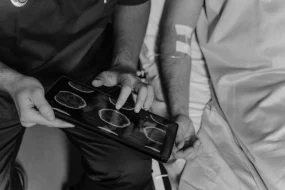
Younger patients, up to 40 years old, can also have brain problems linked to memory, cognition and degenerative diseases such as Alzheimer’s, even though brain cells can recover from Covid-19.
Doctors and scientists already know that Covid-19 affects the neurological system. Memory problems and damage to brain cells are usually the primary symptoms. Even though some patients continue to have long-term cognitive problems, research presented at the Alzheimer’s Association International Conference on July 29 by Nelly Kanberg indicates that these brain cells appear to recover after a period ranging from three to six months.
“We still don’t know exactly how Covid damages the brain. It could be a combination of factors,” she says, including an inflammatory response, blood vessel damage, and clotting problems.
Another study conducted in Argentina by Gabriel Erausquin, a researcher in the field of Neurology, points out that about 60% of adults aged 60 and over who have been exposed to Covid-19 have memory and cognition problems. This represents an almost tenfold increase in neurological problems in this population, according to the researcher.
Interestingly, adults who have lost their sense of smell during a Covid-19 infection are more likely to have brain problems. This could be a clue to the relationship between Covid-19 and degenerative brain diseases like Alzheimer’s, which can also involve a loss of smell.
A third study, conducted by George D. Vavougios in Greece, found that it is not just the elderly who suffer from cognitive problems after a Covid infection. In their study, people as young as 40 showed cognitive decline, including short-term memory problems and other forms of impairment, after infection with the virus.
The people who had post-Covid fatigue and poor lung function were most likely to have brain problems even after the initial infection had disappeared. “Doctors should examine Covid-19 patients, even young people who do not have a severe illness, for symptoms of cognitive decline,” explains Vavougios.
The news story on the publication is available on the Forbes Magazine website.





